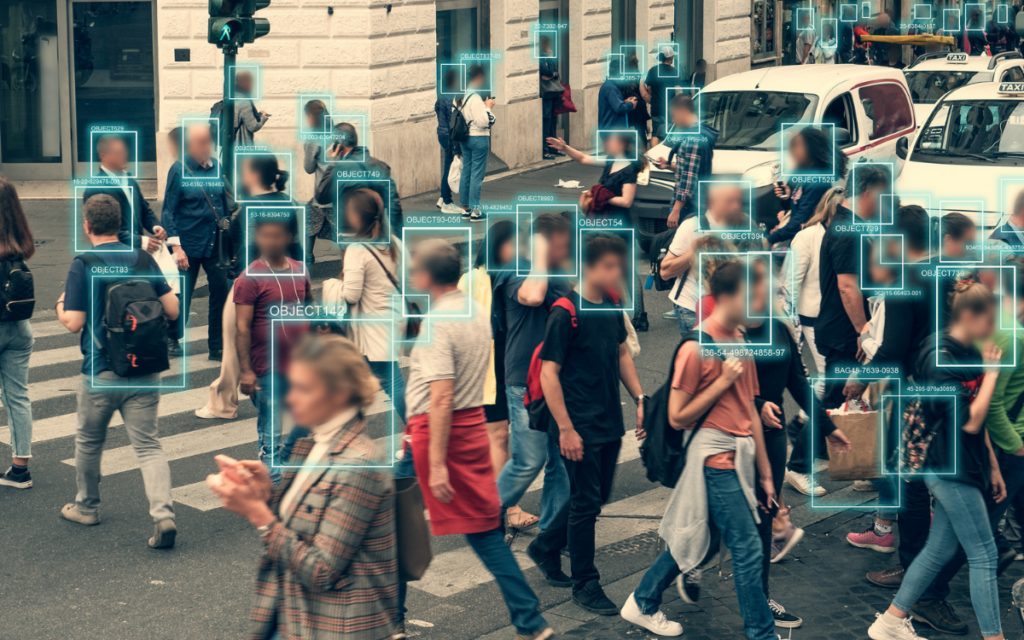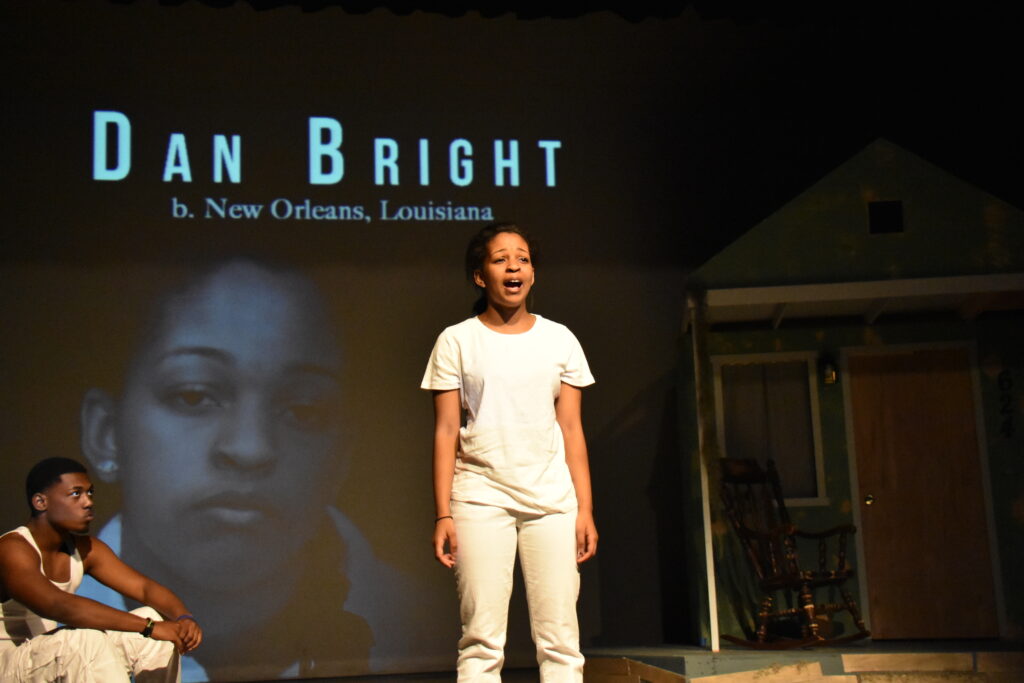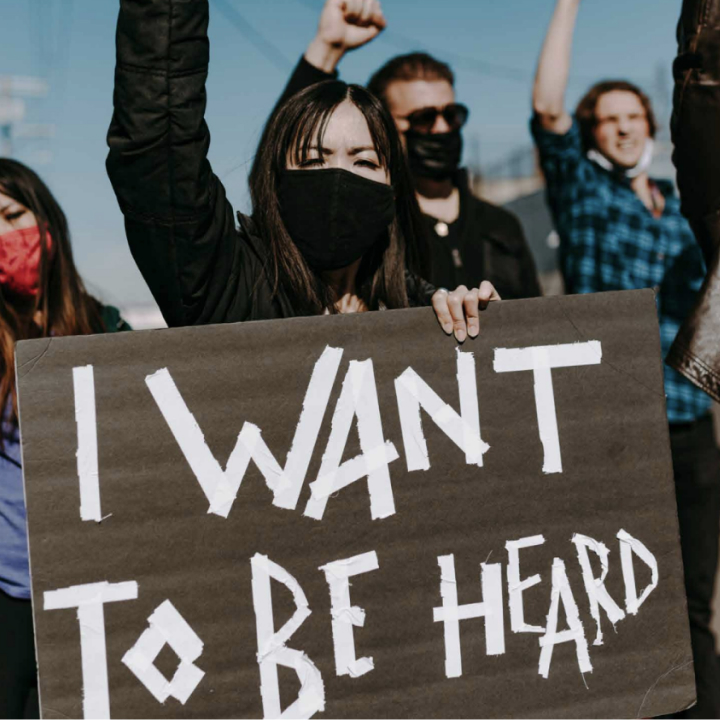The Voice of Witness book series amplifies the stories of people directly impacted by—and fighting against—injustice. We use an oral history methodology that combines ethics-driven practices, journalistic integrity, and an engaging, literary approach. Each project aims to disrupt harmful narratives by supporting historically marginalized or silenced communities to tell their own stories in their own words.
The series explores issues of inequity and human rights through the lens of personal narrative. The books have featured a diversity of voices, including those of incarcerated people, undocumented immigrants, agricultural workers, Indigenous peoples, communities displaced from public housing, and more. They are read, discussed, and shared by readers of all stripes, from students to activists to policymakers.
Check out our projects in development below and view all the books in our oral history book series.
Not a Number: Global Stories from the Automated Welfare State
This in-depth oral history project documents narratives from individuals who have been impacted by the automation of social benefits systems.
Across the United States and around the world, new digital tools increasingly mediate access to basic human needs such as housing, food, physical safety, medical care, financial capital, employment, and family integrity. Automated eligibility systems divert millions from public assistance programs. Social credit systems rank citizens on a spectrum from most to least deserving, controlling who has access to credit, social inclusion, and political participation. Predictive models and algorithms decide who qualifies for home health care and which children are removed from their families.

The rapid global spread of the digital welfare state has been under way for at least fifty years and yet, it is only now being recognized for what it is: a human rights crisis. Under conditions of austerity, ethnic and religious nationalism, and white supremacy, these tools allow states to hide political choices behind a smokescreen of “neutral,” “objective,” and rule-bound decision-making.
This project on the emerging digital welfare state aims to find the human stories—from the US as well as Australia, China, Kenya, and India—behind the algorithms. Oral histories of the automated welfare state illustrate how threats to fair decision-making processes, equitable outcomes, and even material survival have already been occurring, particularly in poor and working-class communities. Oral history keeps us grounded in the experience of people facing automation’s most life-changing impacts right now.
About the Editors:
- Virginia Eubanks is an Associate Professor of Political Science at the University at Albany, SUNY. She is the author of Automating Inequality: How High-Tech Tools Profile, Police, and Punish the Poor (St. Martin’s Press, 2018), Digital Dead End: Fighting for Social Justice in the Information Age (MIT Press, 2011) and co-editor, with Alethia Jones, of Ain’t Gonna Let Nobody Turn Me Around: Forty Years of Movement Building with Barbara Smith (SUNY Press, 2014).
- Andrea Quijada is a media literacy consultant and community organizer. She is the former Executive Director of the Media Literacy Project and a co-author of “Girl Tech: Young Women of Color and Digital Media Technology,” in Media Education for a Digital Age (Routledge Press, 2015).
Sustain the Stories
VOW’s in-depth, human rights storytelling is only possible thanks to passionate people like you. Will you join us in supporting this work? Become a monthly sustainer, or make a one-time gift today.


